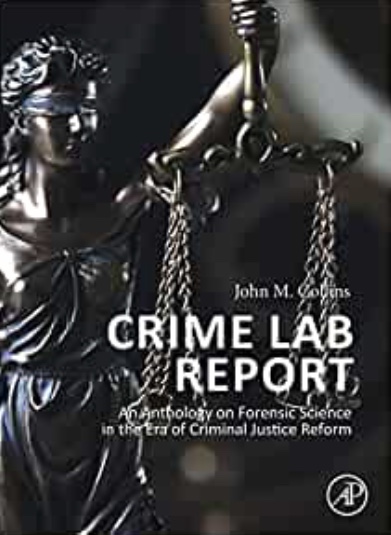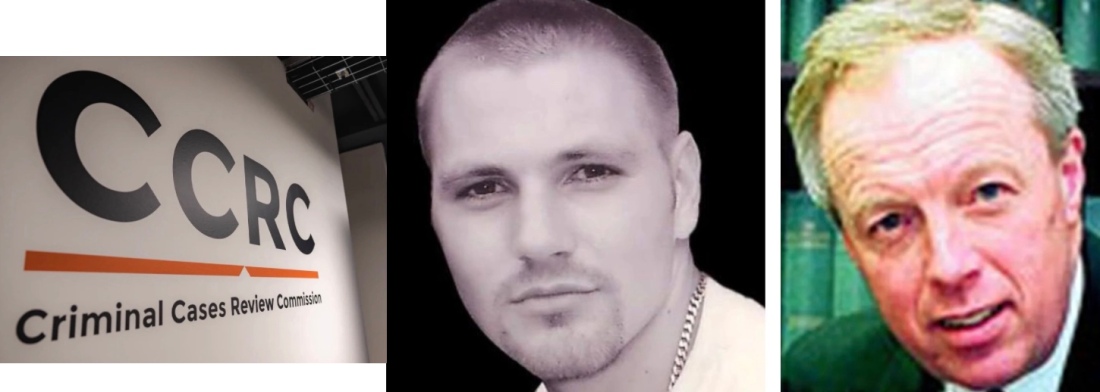


What Is Fraud
The website Investopedia.com stated;
Fraud is an intentionally deceptive action designed to provide the perpetrator with an unlawful gain or to deny a right to a victim.
Types of fraud include tax fraud, credit card fraud, wire fraud, securities fraud, and bankruptcy fraud.
Fraudulent activity can be carried out by one individual, multiple individuals or a business firm as a whole.
Excerpt from Investopedia.com
The website also stated;
Fraud involves the false representation of facts, whether by intentionally withholding important information or providing false statements to another party for the specific purpose of gaining something that may not have been provided without the deception.
Often, the perpetrator of fraud is aware of information that the intended victim is not, allowing the perpetrator to deceive the victim.
At heart, the individual or company committing fraud is taking advantage of information asymmetry; specifically, that the resource cost of reviewing and verifying that information can be significant enough to create a disincentive to fully invest in fraud prevention.
Excerpts from Investopedia.com
As already stated in Part 15 of this ongoing blog series, which can be read by tapping on the button below, the criminal cases reviews commission (CCRC) made the decision to refer actual, factual guilty killer Simon Hall’s conviction for his murder of Joan Albert to the court of appeal (on the 14th of October 2009) based on what they claimed was “new evidence relating to fibre evidence”
Innocence Fraud Is Very Real As Is Evidenced By The Simon Hall Case & Campaign
In reality the CCRC committed fraud, which if the three court of appeal judges picked up on – they chose to not address or comment on in their judgement.
What was however stated by the court of appeal judges in their 11th of January 2011 judgement was that;
The Crown acknowledged that the central feature of its case against the appellant was the evidence of fibre analysis
Excerpt from court of appeal judgement dated 14th January 2011 [2011] EWCA Crim 4

Simon Spence was instructed by Suffolk’s crown prosecution service (CPS) at the time of the December 2010 appeal.
It is not known if it was Simon Spence’s decision alone to make this false acknowledgement, or if he consulted with other people at the CPS who also agreed to go along with this.
However Simon Spence does not appear willing to address these serious matters.

How many other cases of the innocence fraud phenomenon has Simon Spence and the CCRC been involved with?
Prosecutor Graham Parkin made it clear in his closing speech* during killer Simon Hall’s February 2003 trial for his murder of Joan Albert, the “central feature” of the case were Simon Hall and the Hall families (Lynne, Phil and Shaun) lies and concoctions “woven into the general framework of the case”.
*The closing speech of a prosecution or defence lawyer is a summary of evidence heard during a trial and is the final attempt to address the court.
Graham Parkin stated;
Simon Hall was wrong in our submission when he said that this case is all about those fibres
Graham Parkin
Although Graham Parkin went on to state;
True it is that the finding of fibres is central to the prosecution case and of course without them there would be no case.
Graham Parkin
Graham Parkin also made it clear when he stated;
But it doesn’t rest simply on your assessment and your decision based on those fibres in Mrs Cunnison’s evidence. No it does not.
Graham Parkin
Graham Parkin also went on to state;
In fact I’ll go so far as to say this, the prosecution now have more evidence in this case for you to consider than we could ever possibly imagined we were going to have when I stood up to open it to you to outline it to you in other words just over a fortnight ago.
Now members of the jury we did not know nor indeed could we know that Simon Hall’s case was to develop well beyond what he had ever said before.
More particularly during the course of long detailed sensible interviews concluded by police officers in the presence of his solicitor throughout.
We did not know that his defence would include some material, and I’m going to say this, I’ll use the word deliberately and explain to you why I say it in a moment.
We couldn’t know that his case was going to involve material, which has been concocted.
Made up.
If you find it so to be you’ll have to ask yourselves the question why has it.
Because concocted means deliberate and dishonest.
To be woven into the general framework of the case, the general framework of his movements on that particular weekend of his lifestyle and those of his family generally.
It is a serious submission that I make to you.That Simon Hall aided by members of his family his rehearsed story, which they know in important parts not to be true.
He’s done it for an obvious reason the Crown say to escape proper justice. To stave a conviction for murder.
Others in his family have done it for a perfectly understandable reason, wrong though it is in the result.Perfectly understandable isn’t it?
Mrs Hall said as you would have expected to, they can’t she can’t begin to believe that he Simon could do the thing which he is accused of.
And I’ll add to that what mother could?
Excerpts from the prosecutions closing speech by Graham Parkin starting at the bottom of page 16 continuing onto page 17 here
The CCRC & John Curtis Have Not Addressed Their Role In The Fraud

John Curtis who was the case review manager responsible for investigating killer Simon Hall’s conviction stated in January 2015;
The Commission’s contribution to society is important.
Miscarriages of justice remain a reality, as are the challenges to the organisation charged with their investigation.
Excerpt by John Curtis for Counsel magazine article headed Righting Wrongs dated 12th January 2015
What about the very real innocence fraud phenomenon?
How and why did John Curtis and the three CCRC commissioners James/Jim England, Julie Goulding and Ewen Smith ignore all the evidence against killer Simon Hall, and his family members (and others) who lied for him, in order to make their referral in October 2009?
Some of that evidence has been published and presented in The Truth Behind Actual, Factual Guilty Killer Simon Hall & His & His Deceitful Enablers Innocence Fraud Scam ongoing blog series.
What logic and reasoning did John Curtis and the three CCRC commissioners use during their review, investigation and decision making which allowed them to ignore all of this, and other evidence?
Exonerations Are Extremely Serious
A few months after John Curtis’s article was published the annual symposium of the American Society of Crime Laboratory Directors (ASCLD) was held at the Wardman Park Marriott in Washington, D.C.
On the 30th of April 2015 John M Collins stated;
“Exonerations are extremely serious”
Collins told the audience of approximately 150 guests on the final day of the symposium.
“For our criminal justice system to go back and say that the decision of a judge or jury who decided to put a particular individual in prison [was wrong] . . . and suddenly say that the individual shouldn’t be there – and is therefore free to return to life in the public – is very, very serious”
Excerpts from an article headed ‘Innocence Fraud is Real’ Warns Crime Lab Report’s Chief Managing Editor dated 6th May 2016
Although the three court of appeal judges did not exonerate killer Simon Hall and upheld his murder conviction in January 2011, the CCRC were reviewing his murder conviction for a second time and were seemingly still focusing on the fibre evidence and were not perturbed by the Zenith burglary and other revelations around this time.
So whilst killer Simon Hall’s actual, factual guilt to his murder of Joan Albert was unravelling and being exposed, the CCRC were wasting further time, money and resources still looking for a route back to the court of appeal in an attempt to discredit the fibre evidence.
John M Collins spoke to Roberta Glass via her True Crime Report podcast in 2019 about how/why forensic science is being denigrated and challenged by the Innocence movement;
John M Collin wrote and published the Crime Lab Report: An Anthology on Forensic Science in the Era of Criminal Justice Reform in October 2019.

Crime Lab Report compiles the most relevant and popular articles that appeared in this ongoing periodical between 2007 and 2017. Articles have been categorized by theme to serve as chapters, with an introduction at the beginning of each chapter and a description of the events that inspired each article. The author concludes the compilation with a reflection on Crime Lab Report, the retired periodical, and the future of forensic science as the 21st Century unfolds. Intended for forensic scientists, prosecutors, defense attorneys and even students studying forensic science or law, this compilation provides much needed information on the topics at hand.

